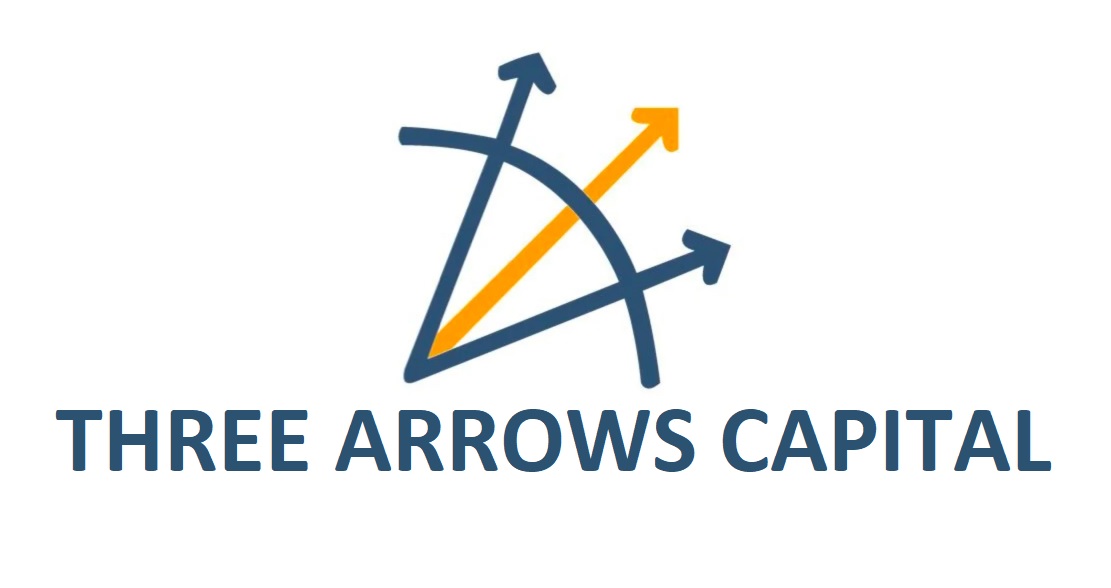The FBI has raided the home of Polymarket CEO Shayne Coplan as part of an ongoing investigation into the decentralized prediction market platform. According to reports, federal agents executed the search warrant in connection with allegations that Polymarket violated U.S. gambling laws by facilitating unregistered betting activities through its platform. Polymarket allows users to bet on the outcomes of various events, including political elections and market trends, using cryptocurrency, and has faced increasing scrutiny over its legal standing in the U.S.
Polymarket has been under investigation since at least 2021, with regulators questioning whether the platform’s model crosses the line into illegal gambling. While Polymarket operates as a prediction market, critics argue that the site’s structure, which allows users to wager on future events, mirrors traditional gambling activities that are heavily regulated in the U.S. The raid on Coplan’s residence indicates that the investigation is intensifying, with authorities seeking more information to determine if the platform has been operating in violation of federal law.
This development follows a series of legal challenges faced by Polymarket, including a previous settlement with the Commodity Futures Trading Commission (CFTC) in 2022. In that case, Polymarket agreed to shut down certain markets and pay a fine, while asserting that it did not consider its platform to be a gambling service. However, with the latest FBI raid, it appears the scrutiny on Polymarket is far from over, and the outcome could have significant implications for the future of decentralized finance (DeFi) platforms that operate in a regulatory gray area.
As the investigation unfolds, it could set a precedent for how U.S. authorities handle similar prediction markets and decentralized applications. While Polymarket continues to operate, the situation underscores the growing regulatory pressure on crypto platforms, particularly those dealing with financial transactions and activities that resemble traditional betting and gambling. The future of Polymarket and its CEO will depend on the legal outcomes of these investigations, with potential ramifications for the broader DeFi and cryptocurrency space.

 Business1 week ago
Business1 week ago
 Business1 week ago
Business1 week ago
 Business1 week ago
Business1 week ago
 Business1 week ago
Business1 week ago
 Business1 week ago
Business1 week ago
 Business1 week ago
Business1 week ago
 Business1 week ago
Business1 week ago
 Business1 week ago
Business1 week ago






























